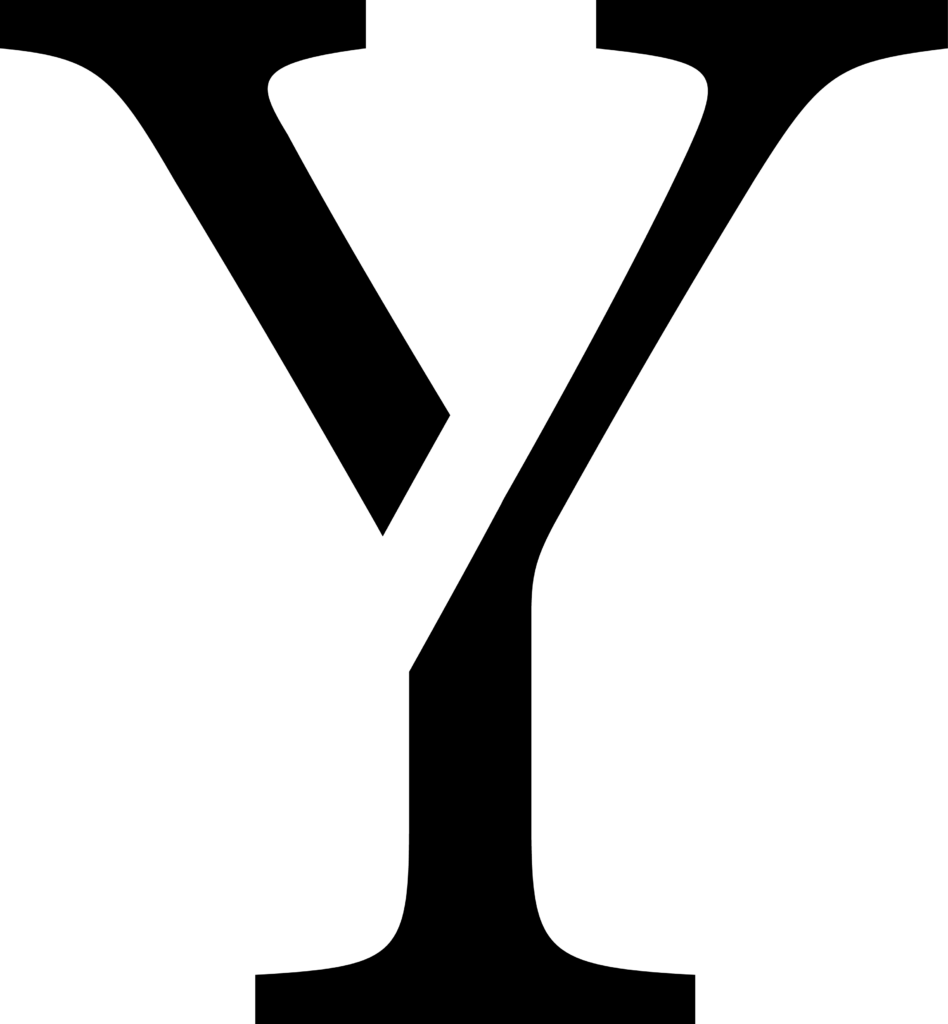Understanding Property Damages: What Counts and Why It Matters
Have you ever wondered what actually qualifies as property damages and why they matter for homeowners, tenants, and business owners in Ontario? Grasping the basics is the first step to protecting your investments, securing your rights, and getting the compensation you deserve after disaster strikes.
At its core, property damages refer to the harm, loss, or destruction suffered by either real estate or tangible personal property. Tangible property damages can mean damage to your house, garage, fences, office building, or your cherished electronics, vehicles, or furniture. Both homes and businesses can face significant setbacks from these incidents.
The main triggers of property damages are simple—but the aftermath can be far from it:
- Negligence: Someone failing to take reasonable care, such as an untrimmed dead tree crashing onto a neighbor’s roof, or lack of maintenance that results in costly leaks.
- Willful destruction: Deliberate harm through acts like vandalism, theft, or arson, where intent plays a clear role.
- Natural forces: Losses from wildfires, tornadoes, floods, earthquakes, and other severe events that no one can fully predict.
Whether you’re a homeowner with a single dwelling or a business managing several properties in Toronto, Burlington, or Brampton, understanding what’s at stake with property damages could mean the difference between a manageable setback and overwhelming loss. Valuable personal belongings, vital business infrastructure, and residential investments are all at risk.
Without proper knowledge of property damages, you might miss out on crucial legal protection or compensation. If you want to dive deeper into your property rights, visit our Property Rights resource. For a broader overview of paralegal support in Ontario, check out YLAW Paralegal Ontario.
Smart property owners regularly review potential threats, take stock of their possessions, and stay proactive when it comes to legal protection. If you’re unsure whether your situation counts as property damages, the risk of going it alone is high. That’s why having a professional on your side early can preserve your peace of mind and your financial security.
Ready to discover actionable steps, insurance tips, and real-life examples? Keep reading as we unravel what every Toronto-area resident needs to know about handling property damages efficiently.
Legal Triggers and Insurance: Navigating Property Damage Claims
Understanding the legal triggers for property damages can be the difference between a successful claim and a costly disappointment. In Ontario, property damages claims generally stem from three key grounds: negligence, trespass, and intentional harm. Negligence occurs when someone fails to act with reasonable care, leading to damage—think landlords neglecting repairs or businesses whose poor maintenance harms neighboring properties. Cases of trespass involve unauthorized access that causes destruction or loss, while intentional harm encompasses deliberate acts like vandalism, theft, or arson.
Most property owners turn to insurance when these incidents occur. Property damage liability insurance—often mandatory for vehicles—covers the damage you cause to others’ property, but not your own. Homeowner and renter policies can step in to cover damages caused by fire, theft, storms, or similar events, and may also provide liability protection if you’re found responsible for damaging someone else’s property. For Ontario businesses, commercial general liability (CGL) insurance provides essential safeguards against third-party claims, including property damages to customers’ or neighboring properties.
However, what’s covered—and what’s not—often surprises policyholders. Many standard policies exclude certain risks such as flooding or earthquake damage unless you’ve added specific endorsements. Some acts of negligence, noncompliance, or misrepresentation can void coverage altogether. It’s crucial to review your policy details regularly to avoid gaps. More information on coverage boundaries can be found in the Foreign Affairs Manual and relevant Code of Federal Regulations sections.
If you need experienced guidance navigating these steps, consider connecting with a local Toronto paralegal services team. Many claim situations—especially those involving disputes or cross-allegations—are best handled with professional assistance. You can also check out our small claims paralegal page for guidance on seeking compensation for property damages under $35,000.
Book Your Free 15-Minute Action Call Now
Don’t let ambiguity or a disputed clause cost you thousands. Speak directly with a YLAW paralegal expert and get actionable insights on your property damages claim in just 15 minutes.
👉 Call us now at 1-437-995-9529 or click here to book your free call and clarify your next steps.
Property damages situations can quickly escalate from minor to major losses. Guidance from legal experts can maximize your recovery and protect your rights every step of the way.

Real-World Property Damages Scenarios and How Claims Unfold
Everyday Examples of Property Damages in Ontario
When people think of property damages, car accidents and storms usually come to mind, but the variety runs much deeper. You could experience damages from a neighbor’s tree crashing through your fence, a business fire destroying inventory, or malicious vandalism that leaves your storefront in ruins. Even burst pipes from builder negligence can cause disastrous water damage, impacting both property owners and tenants.
How a Property Damages Claim Begins
The claims process for property damages often begins right after an incident. For example, imagine your vehicle collides with a building, breaking windows and damaging inventory. The first step is immediate documentation: take extensive photos, gather witness details, and keep all receipts for repairs and replacements. Connect with your insurer promptly, as well as affected third parties, to officially record your case.
Investigating and Establishing Property Damages Liability
A key part of any claim involves determining who is at fault. Experts may inspect the property, review security footage, and gather statements. It is essential to tie the damage directly to the incident—proving negligence, willful actions, or forces of nature. Disputes often arise if the response, maintenance, or intent is unclear, making accurate evidence crucial for all parties.
Common Pitfalls in Property Damages Claims
Many claims get stuck due to missteps, missing evidence, or technicalities in insurance contracts. Missed deadlines, incomplete claims, or vague coverage terms may delay or deny recovery. To avoid these traps, review the step-by-step property damages articles or consult a professional early.
Facing a property damages dispute, large uninsured loss, or liability claim? View our case studies for insights and proven approaches to complicated scenarios, from tenant-landlord disputes to business property losses.
Getting Compensated for Property Damages: Repair, Replacement, and Loss of Use
Calculating Property Damages: Repair Costs vs. Replacement Value
When your property is damaged, the first question is always, “How much should compensation be?” Ontario property damages claims cover repair costs if restoring the property to pre-damage condition is possible. If the damage is so extensive that repair isn’t feasible or cost-effective, the payout may shift to the replacement value—what it would cost to purchase a similar item or rebuild a comparable structure. This is especially relevant for high-value claims involving homes, commercial spaces, and vehicles.
Loss of Use and Business Interruption in Property Damages Claims
Property damages don’t just include physical repairs or replacements. If you are forced out of your home during restoration or a business has to close after a fire or collision, you could claim compensation for loss of use. For businesses, this extends to lost income and extra expenses needed to operate during the interruption. Calculating these losses is nuanced and often contested.
How Ontario Courts and Insurers Evaluate Compensation
Both insurers and courts require strong documentation when determining fair compensation for property damages. Essential items often include repair quotes, market valuations, invoices, and records demonstrating actual loss of function or profit. Detailed, dated photos and receipts can make your claim nearly bulletproof and provide leverage in any dispute or negotiation over payout amounts.
Exclusive Tips for Maximizing Your Property Damages Recovery
- Keep an up-to-date property inventory with receipts and photos for easy proof.
- Document repairs and all interim arrangements—moving costs or temporary work sites add up.
- Seek independent repair estimates to validate insurer assessments.
- Don’t settle too quickly—an early offer may be less than your true loss.
Ontario residents facing disputes can benefit from advice found on our breach of duty page or by exploring our small claims paralegal Ontario services for expert assistance in recovering property damages quickly, legally, and efficiently.
Pro Tips and Next Steps: Protecting Yourself from Major Property Damages Costs
Proactive steps can make all the difference when it comes to property damages. Here’s what every Ontario property owner, tenant, or business should know:
- Document Everything: Take clear, dated photos of your property and high-value items before any incident. Save purchase receipts, keep maintenance records, and gather witness statements immediately after property damages occur.
- Report Promptly: Notify your insurer and, if applicable, law enforcement without delay. Timeliness matters for both payouts and claim validity.
- Review and Update Your Insurance: Assess your current policies to make sure you’re covered for high-risk events. Consider add-ons for floods, earthquakes, or other local threats.
- Inventory Your Property: Maintain a regularly updated inventory list—especially for electronics, jewelry, or business equipment. This speeds up claims and minimizes disputes.
- Avoid Admitting Fault: At the scene, focus on recording facts. Admissions or speculation may jeopardize your recovery options or lead to legal challenges.
- Seek Legal Guidance Early: If you’re dealing with a disputed payout, uninsured loss, or complex liability questions, a professional can help. Learn when intervention makes the most sense on our paralegal services page.
- Leverage Ontario’s Legal and Regulatory Resources: Explore tools like the Property Rights in Ontario guide and research relevant rules regarding property damages for further protection.
Smart property protection goes beyond insurance. The more you invest in documentation and legal support, the easier it becomes to recover after you experience property damages.
Need more actionable tactics? Check out our in-depth articles and get inspired by real successes in our case studies section.
Book Your Free 15-Minute Action Call Now
Don’t let complex property damages claims stall your financial recovery or peace of mind. Speak directly with a YLAW paralegal expert and get clear, actionable advice about your next steps in just 15 minutes.
👉 Call us now at 1-437-995-9529 or click here to book your free call.
The right legal partner can help you turn uncertainty into a winning property damages claim—don’t wait to take control of your property’s future.
Property Damages – Frequently Asked Questions
What are property damages?
What qualifies as real property damage?
What are common causes of property damages?
How do I know if I have a property damages claim?
What types of insurance cover property damages?
How is compensation for property damages calculated?
What steps should I take after suffering property damages?
- Document all damage with photos and records.
- Collect receipts for repairs and replacement items.
- Report the incident quickly to your insurer and, if necessary, law enforcement.
- Keep a record of all communications related to your claim.
- Consult legal experts if your case involves disputed liability or a large loss.


